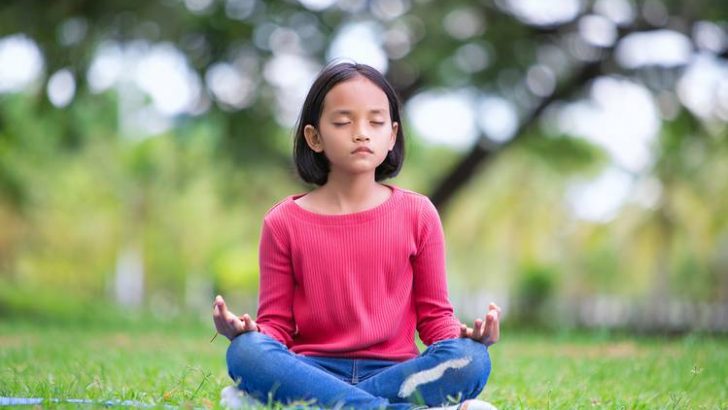Mindful Living
Exceptional life events stop us in our tracks and can force us to see the world very differently. That truth takes on a very practical meaning in the economic and social lockdown caused by the coronavirus, Covid-19.
In extraordinary times, our everyday, routine, habitual worldview, our underlying, often unquestioned, way of seeing the world is exposed and we come to realise how many extraordinary, yet very ordinary, things we take for granted.
When we reign in our personal freedom for our own sakes and the good of society, we may develop a new appreciation for those same freedoms.
One of the freedoms that we often unknowingly deny ourselves is the freedom to simply be, without doing. The frantic pace of modern life presses in on all of us and tends to draw us in to its hectic pace. We develop an incessant – often unconscious – focus on getting things done, on reaching targets quickly, on personal achievement and personal gain. Modern culture encourages individuals to strive for ever greater power, prestige and possessions and we rarely take time out to reflect on whether these are the things that matter most to us.
When we are forced to slow down and take a step back from our habitual way of life, we often experience it as an unwelcome imposition. Sudden illness or the death of a loved one can force us to question our core values and way of life, just as this pandemic has. But even though our initial reaction can be one of deep frustration and annoyance, over time we may come to appreciate that this unwelcome burden, this imposed silence, has awakened our consciousness to the more fundamental aspects of our being.
The writer, Michael Harding, in a note to the journalist Barry Egan, described his awareness of the importance of silence as follows: “In each of us there is a core which is silent and I don’t know why I say this but I think that’s the place to be now, on the edge of that silence, listening, to find out now who we really are. That silence is the ground of all being. All our love and joy and hope are founded in that silence, and arise from that silence, and that silence is our strength.”
Writing a few days later in the Irish Times, Harding added: “When I light a candle at twilight, I see and I hear the world inside [within me]; and then I know I am not alone”.
What Harding describes so beautifully has been affirmed by the wisdom and religious traditions of the world for millennia. Although he describes it really well, it is nonetheless a truth that defies the capacity of language to express it fully. It transcends the power of language. It has to be experienced. And to experience it we need silence.
As we go about our everyday activities, as we scurry about in the busyness of doing, we primarily engage with life through the body and the mind and, for many, more through the mind than the body. And, in our busyness, we forget that there is more to our being than body and mind. But in the silence and stillness of meditation, when the body and mind become still, we come to realise there is more to us, even if we struggle to find words adequate to describe what that is. But we know with certainty that there is something essential to our being that holds together and integrates all aspects of our nature.
While different wisdom and religious traditions give expression to this deeper level in diverse ways, they can only do so by using words and concepts. For centuries, because religion was such an inbuilt part of the culture of Western civilisation, the language of theology dominated that discourse. Given the decline of religion in modern society, it is extremely difficult in secular society to talk about this deeper, and essential, level of our being. And, yet, it is vital for our individual and collective wellbeing that we find a way of talking about what matters most in life and to encourage its expression in public discourse.
Many people who no longer see themselves as affiliated to any religion describe themselves as spiritual but not religious. They acknowledge, as a core element of their identity, a desire to live life with authenticity. Recognising that to be human is to be spiritual, the past 30 years or so have seen the rise of spirituality as an area of study separate from theology. It explores how human beings engage their spiritual capacity to tap into the creative source of the Universe and to work out for themselves how to live well.
Meditation is a gateway to this rich inner resource. In meditation we come to a personal, practical experience of the spiritual. We learn that silence is the language of spirituality. And we learn this in practice, not as a theory, not as a set of words and concepts to be understood rationally, but in terms of personal experience, personal spiritual experience. And that experience mysteriously changes how we live in the world.
After 40 years in the education sector Noel Keating was awarded a PhD for his research into the child’s experience of meditation and its spiritual fruits. Noel now leads, in a voluntary capacity, a project which offers free in-service to primary schools who may wish to consider introducing meditation as a whole-school practice. Noel is author of Meditation with Children: A Resource for Teachers and Parents.



